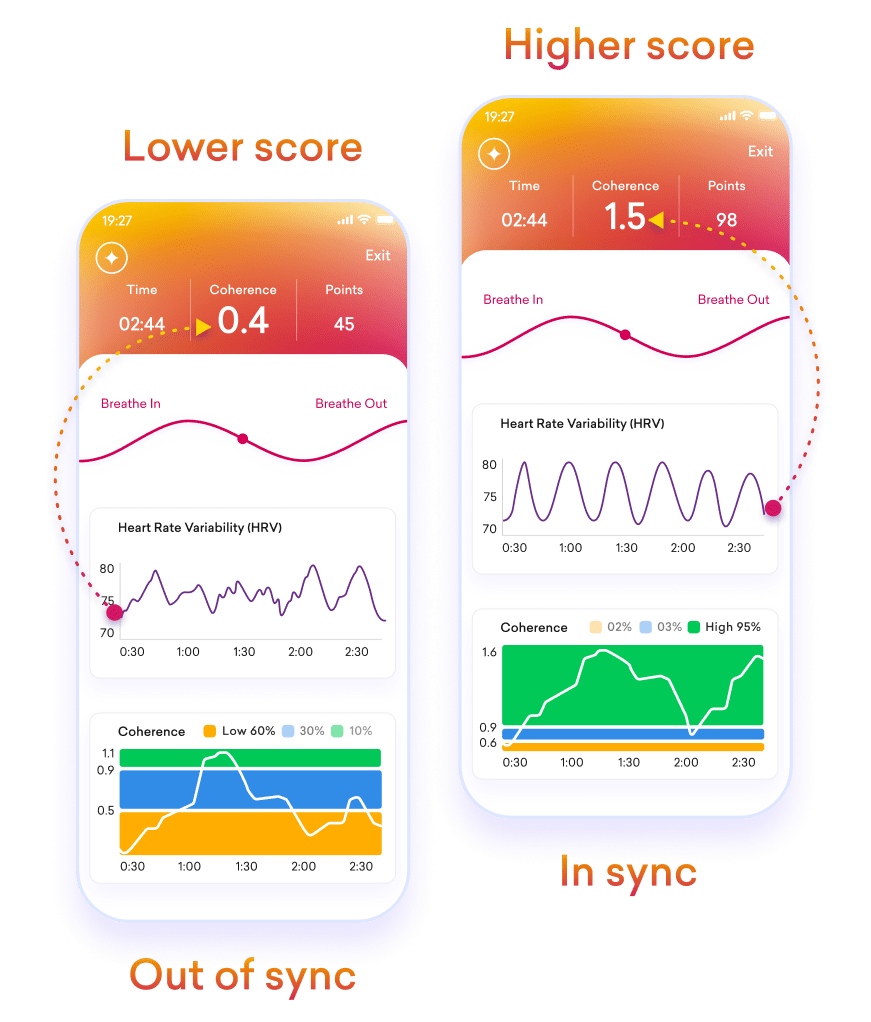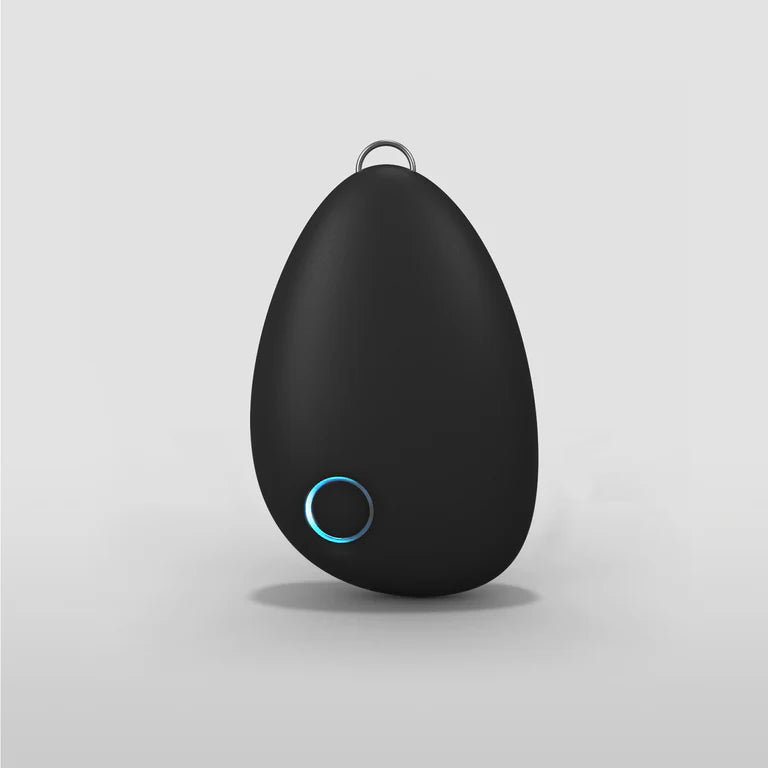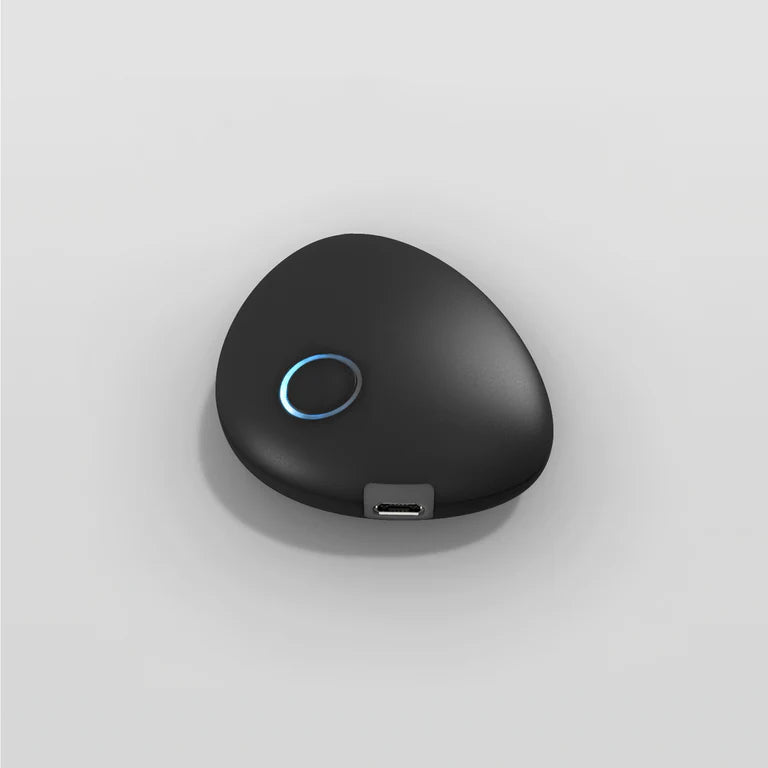
How Stress Impacts Your Sleep and What You Can Do About It
In today's fast-paced world, stress has become an almost inevitable part of our lives. While a certain level of stress can be motivating, chronic stress can have severe repercussions on our health, particularly on our sleep. Understanding the relationship between stress and sleep, and learning effective strategies to manage stress, can significantly improve your sleep quality and overall well-being.
The Connection Between Stress and Sleep
- Hormonal Imbalance: Stress triggers the release of cortisol, a hormone that prepares your body for a 'fight or flight' response. Elevated cortisol levels, especially at night, can disrupt the natural progression of your sleep cycle, making it difficult to fall asleep or stay asleep throughout the night.
- Increased Arousal and Anxiety: Stress often leads to a state of hyper-arousal, where the mind is excessively alert and anxious. This heightened state of alertness makes it challenging to unwind and can lead to insomnia.
- Impact on REM Sleep: Stress can reduce the amount of Rapid Eye Movement (REM) sleep, the stage associated with dreaming and emotional processing. Reduced REM sleep can impair cognitive function and emotional regulation, creating a vicious cycle where poor sleep exacerbates stress.
- Sleep Architecture Disruption: Chronic stress can alter sleep architecture, which refers to the structure and pattern of sleep stages. This disruption can lead to fragmented sleep, where you wake up multiple times during the night, resulting in poor sleep quality and daytime fatigue .
Practical Strategies to Manage Stress and Improve Sleep
- Practice Relaxation Techniques: Incorporating relaxation techniques such as deep breathing, meditation, and progressive muscle relaxation into your daily routine can help lower cortisol levels and promote a state of calmness conducive to sleep.
- Maintain a Consistent Sleep Schedule: Going to bed and waking up at the same time every day, even on weekends, helps regulate your internal clock and can improve the quality of your sleep. Consistency reinforces your body’s natural sleep-wake cycle, making it easier to fall asleep and wake up feeling refreshed.
- Create a Sleep-Friendly Environment: Optimise your sleep environment by keeping your bedroom cool, dark, and quiet. Invest in a comfortable mattress and pillows, and eliminate distractions such as electronic devices that emit blue light, which can interfere with your sleep.
- Limit Stimulants and Alcohol: Avoid consuming caffeine and nicotine close to bedtime, as these stimulants can interfere with your ability to fall asleep. Similarly, while alcohol might help you fall asleep initially, it can disrupt your sleep cycle and lead to fragmented sleep.
- Engage in Regular Physical Activity: Regular exercise can help reduce stress and improve sleep quality. Aim for at least 30 minutes of moderate exercise most days of the week. However, avoid vigorous exercise close to bedtime, as it can have a stimulating effect.
- Seek Professional Help: If stress and sleep problems persist, consider seeking help from a healthcare professional. Cognitive-behavioral therapy for insomnia (CBT-I) has been shown to be effective in treating chronic insomnia and addressing the underlying stress that contributes to sleep difficulties.
Conclusion
Understanding the interplay between stress and sleep is crucial for maintaining good health and well-being. By adopting effective stress management techniques and making sleep a priority, you can break the cycle of stress and sleep disruption, leading to better sleep and a more balanced life. Prioritise self-care, create a supportive sleep environment, and seek professional help if needed to ensure you get the restorative sleep your body and mind need.
References
1. Harvard Health Publishing. "Stress and Sleep: The Vicious Cycle." Retrieved from [Harvard Health](https://www.health.harvard.edu/newsletter_article/stress-and-sleep)
2. National Institute of Mental Health. "NIMH Anxiety Disorders." (https://www.nimh.nih.gov/health/topics/anxiety-disorders
3. American Psychological Association. "Stress Effects on the Body." https://www.apa.org/topics/stress/body
4. National Sleep Foundation. "How Stress Affects Sleep – and Vice Versa." https://www.sleepfoundation.org/insomnia/stress-and-insomnia
5. Mayo Clinic. "Relaxation techniques: Try these steps to reduce stress." https://www.mayoclinic.org/healthy-lifestyle/stress-management/in-depth/relaxation-technique/art-20045368
6. Cleveland Clinic. "Sleep Hygiene: Tips for a Good Night's Sleep." https://my.clevelandclinic.org/health/articles/12148-sleep-hygiene
7. Sleep Foundation. "Caffeine and Sleep." https://www.sleepfoundation.org/nutrition/caffeine-and-sleep
8. Johns Hopkins Medicine. "The Science of Sleep: Understanding What Happens When You Sleep." https://www.hopkinsmedicine.org/health/wellness-and-prevention/the-science-of-sleep-understanding-what-happens-when-you-sleep
9. American Academy of Sleep Medicine. "Cognitive Behavioural Therapy for Insomnia (CBT-I)." https://aasm.org/resources/clinical-guidelines/CBT-I.pdf
Read More
Stress & Anxiety Improving Products
- Regular Price
- $440.00
- Sale Price
- $440.00
- Regular Price
-
- Unit Price
- per






